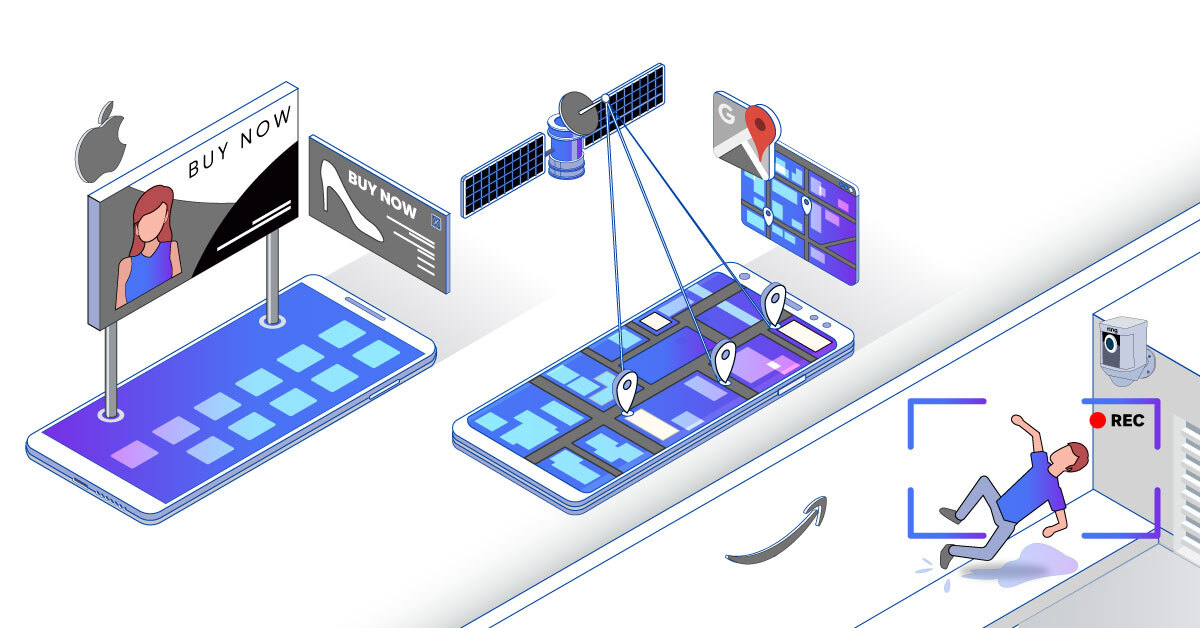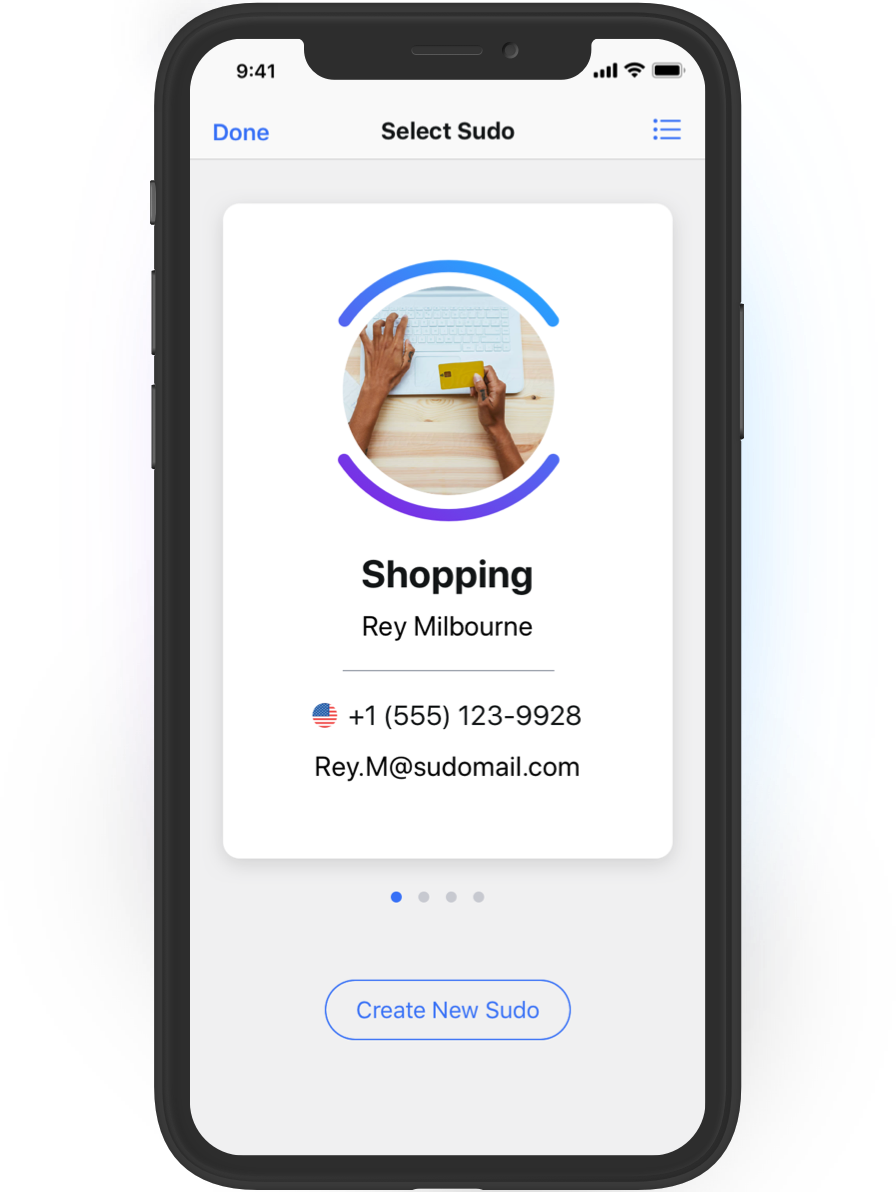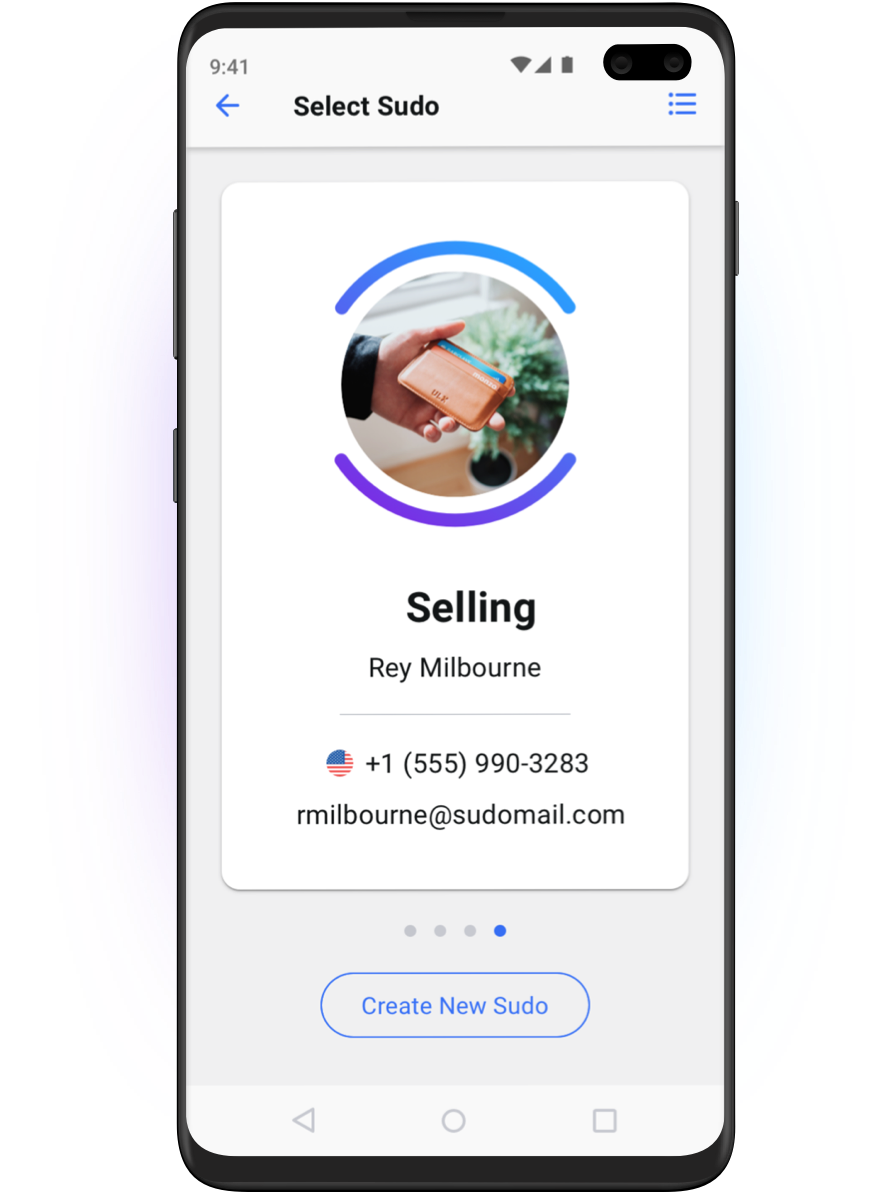If we don’t keep a constant eye on ad tech giants like Google, Meta, Snap, and Apple, they’ll sneak in more ways to track our personal data across the internet so they can serve up more targeted ads and keep the dollars rolling in. Here are three things the big players are doing that should worry anyone rightly concerned about their data privacy online.
Let’s start with Apple.
Apple is looking for ways to expand its own advertising revenue. It presently makes $4 billion a year from ads and wants to stretch that to double figures. To get there, it plans to add more ads inside its own apps and services on iPhone, iPad, and Mac.
Apple already serves up targeted ads based on a user’s Apple account and their interactions with Apple services on their devices. You’ll already see ads inside:
- News and Stocks apps
- App Store, where it displays Google-like search ads for apps
- TV+ for a “Friday Night Baseball” deal with Major League Baseball.
Soon, Apple will expand ads to its main Today tab and within third-party app download pages. But that’s not all: a commentator from Bloomberg believes ads will also soon appear in Maps, digital storefronts like Apple Books and Apple Podcasts, and more on TV+.
The same commentator points out that while you can disable the ad personalization feature (under “Apple advertising” in the “Privacy and security” menu), Apple will still leverage data such as the identity of your carrier, your device type and what you read.
How do you feel about Apple expanding its surveillance capitalism business, tracking your activity within your device to serve up more ads within more of its own apps and services, even paid subscription services?
Next, let’s go for Google.
Google is using dark patterns to mislead its users on location data settings. Are we shocked? No. And the AUD 60 million fine Google received in Australia for misleading consumers about its location data collection is a drop in the ocean that is unlikely to change its behavior.
The Australian Consumer and Competition Commission (ACCC) found that Google had breached Australian consumer law when it told some Android users it only collected, stored and used location data within the “Location history” account setting. In actual fact, Google was also extracting location data from the “Web and app activity” setting, which was turned on by default. This is a classic dark pattern, an intentional UX feature designed to make it harder for a user to do what they want, either through complexity or deception. Dark patterns are traps to get more of a user’s personal information and to tempt them into buying products and services.
Making matters worse, there’s an ongoing investigation into Google using the same practices in the European Union. If proved true, this violation could result in an even bigger fine since it falls under the stricter General Data Protection Regulation which has penalties of up to 4% of a company’s global annual turnover.
Finally, a shocking privacy violation from Amazon …
MGM, an Amazon-owned company, has just announced it is making a viral video show using footage from Amazon Ring security cameras. Wanda Sykes will host the syndicated television show called “Ring Nation,” which will be “a modern-day, surveillance-tinged spin on America’s Funniest Home Videos.”
Are you as shocked as we are that Amazon could turn privacy violations into entertainment?
Tech Crunch recently reported “the show will feature Ring footage of “neighbors saving neighbors, marriage proposals, military reunions and silly animals.” It says: “Ring is also known for activities like accidentally leaking people’s home addresses and handing over footage to the government without users’ permission.”
The report goes on: “Amazon bought the smart video doorbell company in 2018 for $1 billion, then bought MGM for $8.5 billion earlier this year. Now, these two investments — which seemingly have nothing to do with each other — are merging to create a late-capitalist dystopian spectacular that we couldn’t have imagined in our worst nightmares. Amazon also just spent $1.7 billion on iRobot, maker of the Roomba vacuum, but we will not dare to imagine how that acquisition may one day inspire a horrifying TV show.”
MySudo can help

These three issues, alongside recent others such as Twitter being fined for sharing with advertisers the personal information users gave it for 2FA, prove—yet again—the blatant disregard ad tech has for our privacy and safety—and the value of using the all-in-one privacy app MySudo.
When you use MySudo you break the data trail that Apple, Google, Meta, Amazon, Twitter et al. can track and use against you, either for ad revenue or—it turns out—footage for a viral TV show!







